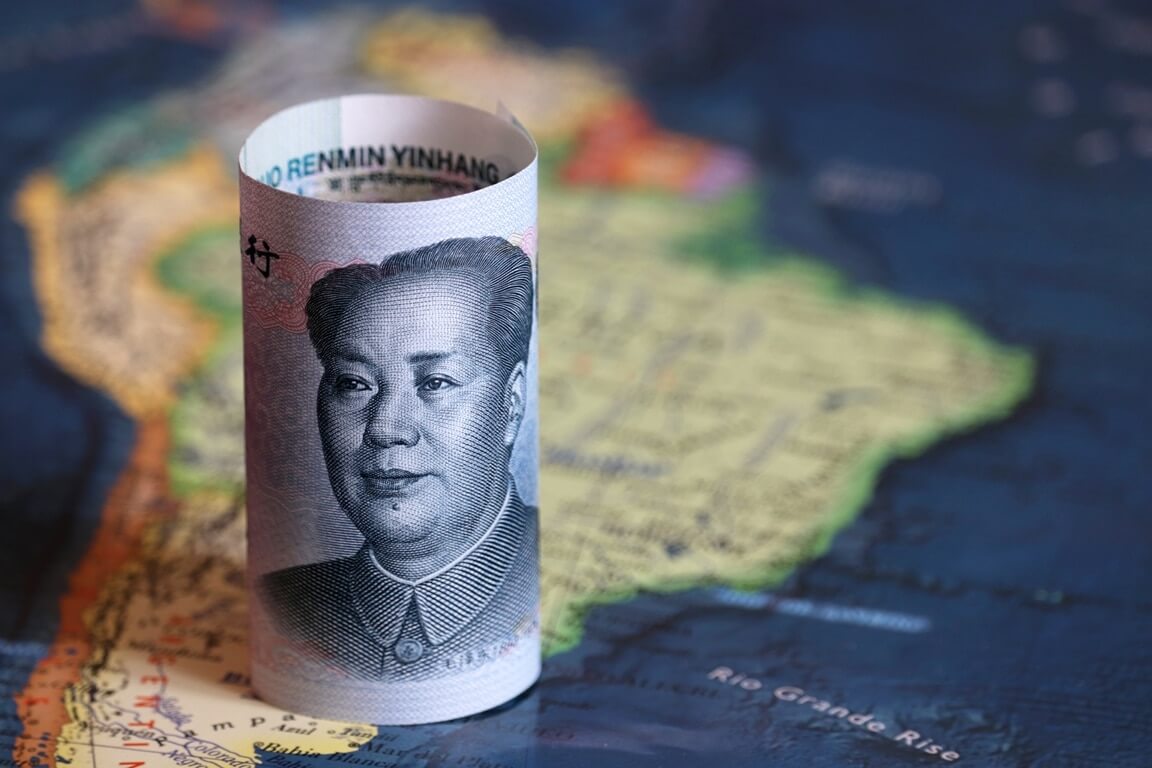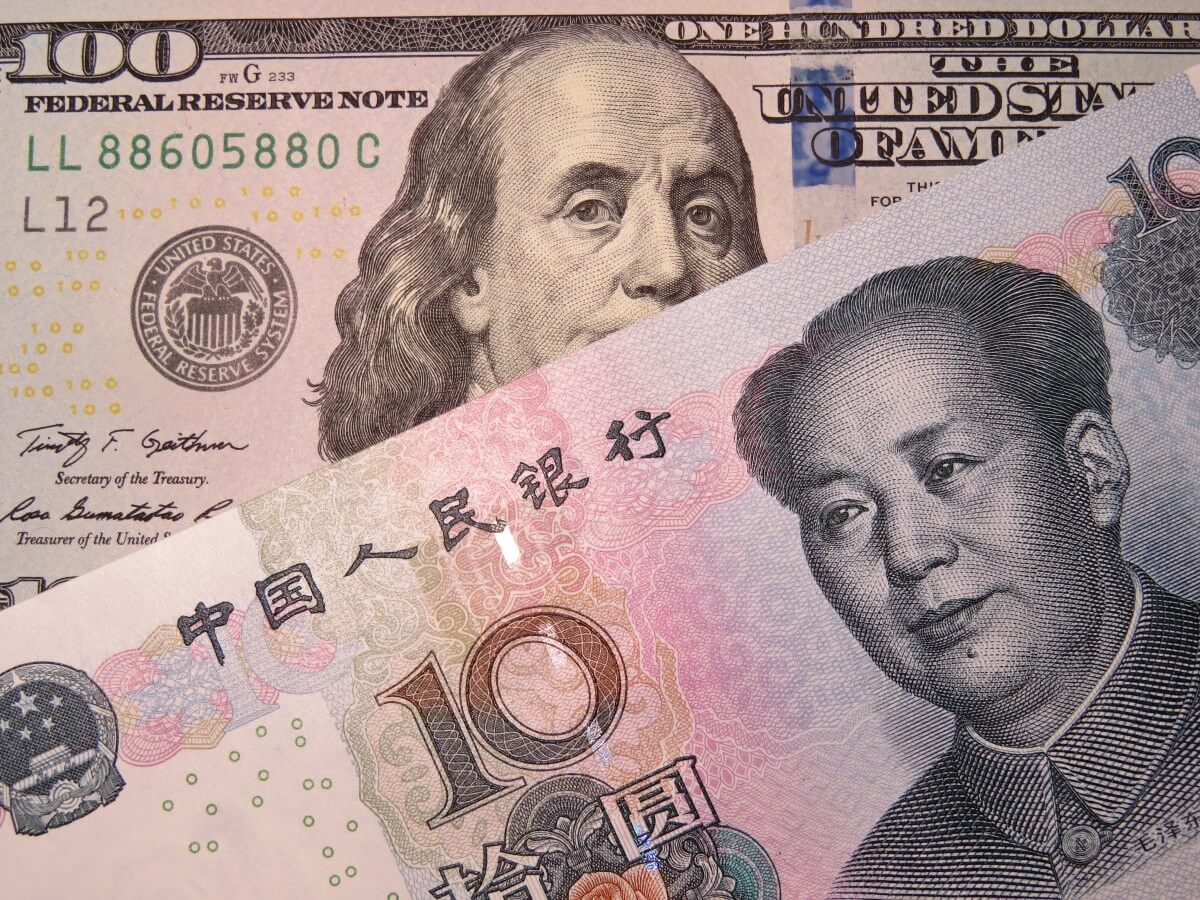
China boosts offshore bill sales to stabilize yuan
In the ever-evolving landscape of global economics, China economy news remains a focal point for experts and investors alike. The recent actions of the Chinese central bank have drawn significant attention. It’s reflecting its commitment to maintaining stability and preventing a potential Chinese economic collapse. As the world watches these strategic manoeuvres closely, one cannot ignore the role of the yuan in international markets, particularly its relation to the dollar.
China Central Bank’s Proactive Measures
The recent surge in yuan bill sales orchestrated by the Chinese central bank in Hong Kong has had a dual impact. On one hand, it has successfully tightened liquidity within the offshore market. Thus, it effectively contributed to the stabilization of the yuan. This strategic move has rendered it considerably more expensive for currency speculators to engage in shorting the yuan. As a result, it curbed potential downward pressure on the currency’s value.
As the trading day came to a close on Thursday, the offshore yuan was positioned at a rate of 7.2827 per dollar. Unfortunately, the trajectory it has traced since the year’s commencement reveals a less favourable picture. The currency has encountered a depreciation of approximately 5% against the resolute greenback. This places the offshore yuan among the ranks of the weaker-performing Asian currencies, signalling challenges that demand attention.
The strategic increase in offshore bill sales serves to regulate the yuan’s value. It also acts as a precautionary measure against a possible Chinese economic collapse. By flexing its financial muscles, the central bank aims to mitigate risks, and secure investor confidence. Moreover, it will steer clear of a banking crisis that could send shockwaves through global markets.

Yuan to Dollar Dynamics: A Delicate Balance
One of the pivotal aspects that demand attention amid these developments is the intricate dance between the yuan and the dollar. As a China economy news follower, one must recognize that the yuan’s value relative to the dollar can significantly influence trade dynamics and market sentiments. A sudden or drastic shift could lead to disruptions in global supply chains and investments.
Furthermore, the ongoing debate surrounding money transfers to China gains additional significance in this context. Investors and businesses must keep a keen eye on exchange rates to optimize their financial strategies. It’s important, considering how the yuan’s fluctuations might impact the cost of transactions and cross-border investments.
Navigating Yuan Stability and Global Economic Interdependence
In a world where economic ripples can quickly turn into tidal waves, the strategic actions of China’s central bank to stabilize the yuan and avert a Chinese economic collapse deserve applause. As highlighted in this China economy news piece, the delicate balance between the yuan and the dollar underscores the broader interconnectedness of global economies.
Furthermore, the Chinese economy’s steady growth, substantial industrial output, and resilient export sector collectively contribute to the currency’s underlying strength.
This delicate interplay between immediate market dynamics and fundamental economic realities underscores the complexity of currency valuation. While the offshore yuan may have faced setbacks against the dollar this year, the broader context emphasizes the need to consider sustained growth trajectories and the multifaceted nature of global economics. As the central bank continues strategizing and implementing measures to stabilize the currency, the broader economic fundamentals provide optimism for the yuan’s performance over the long haul.




